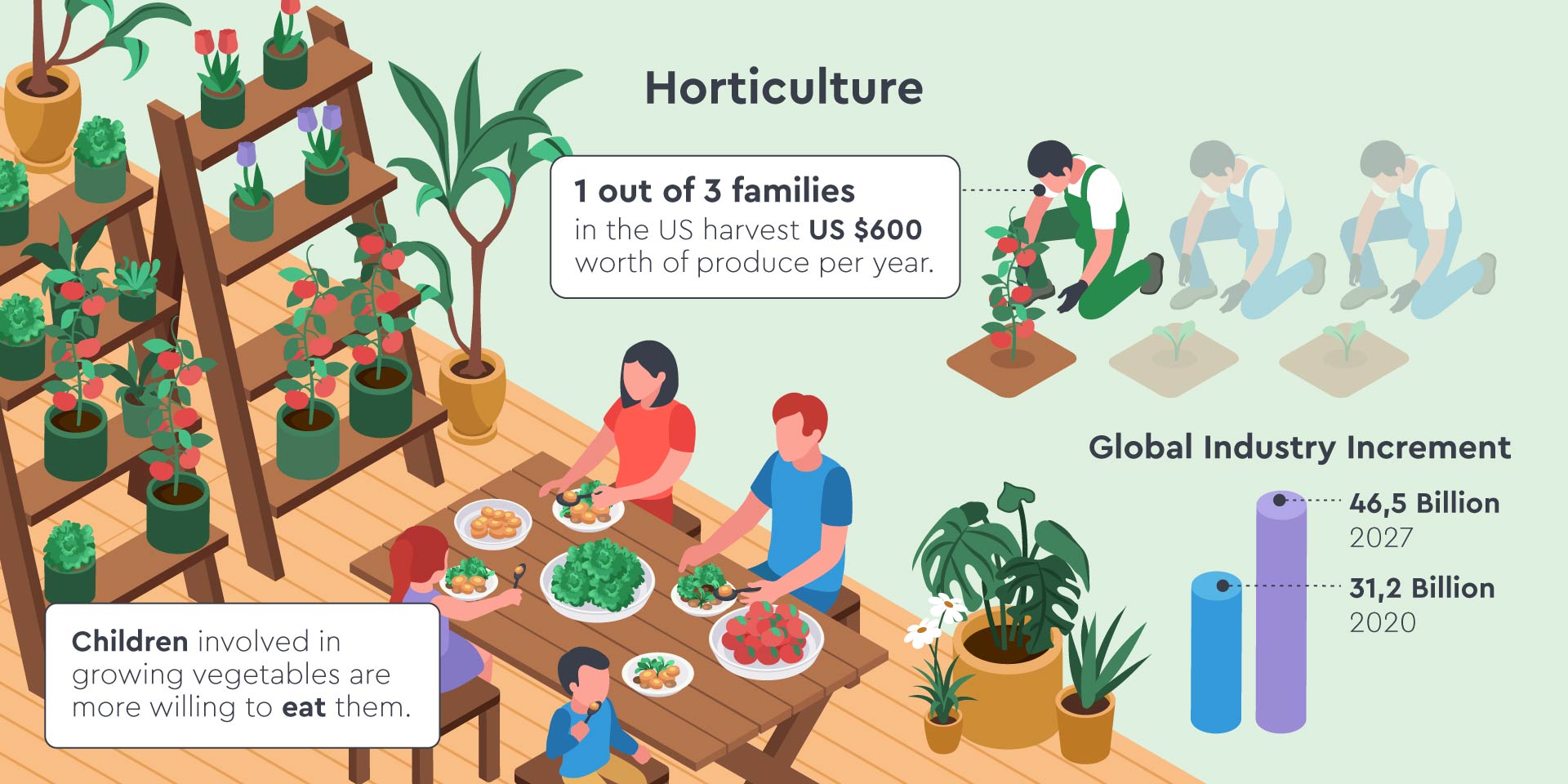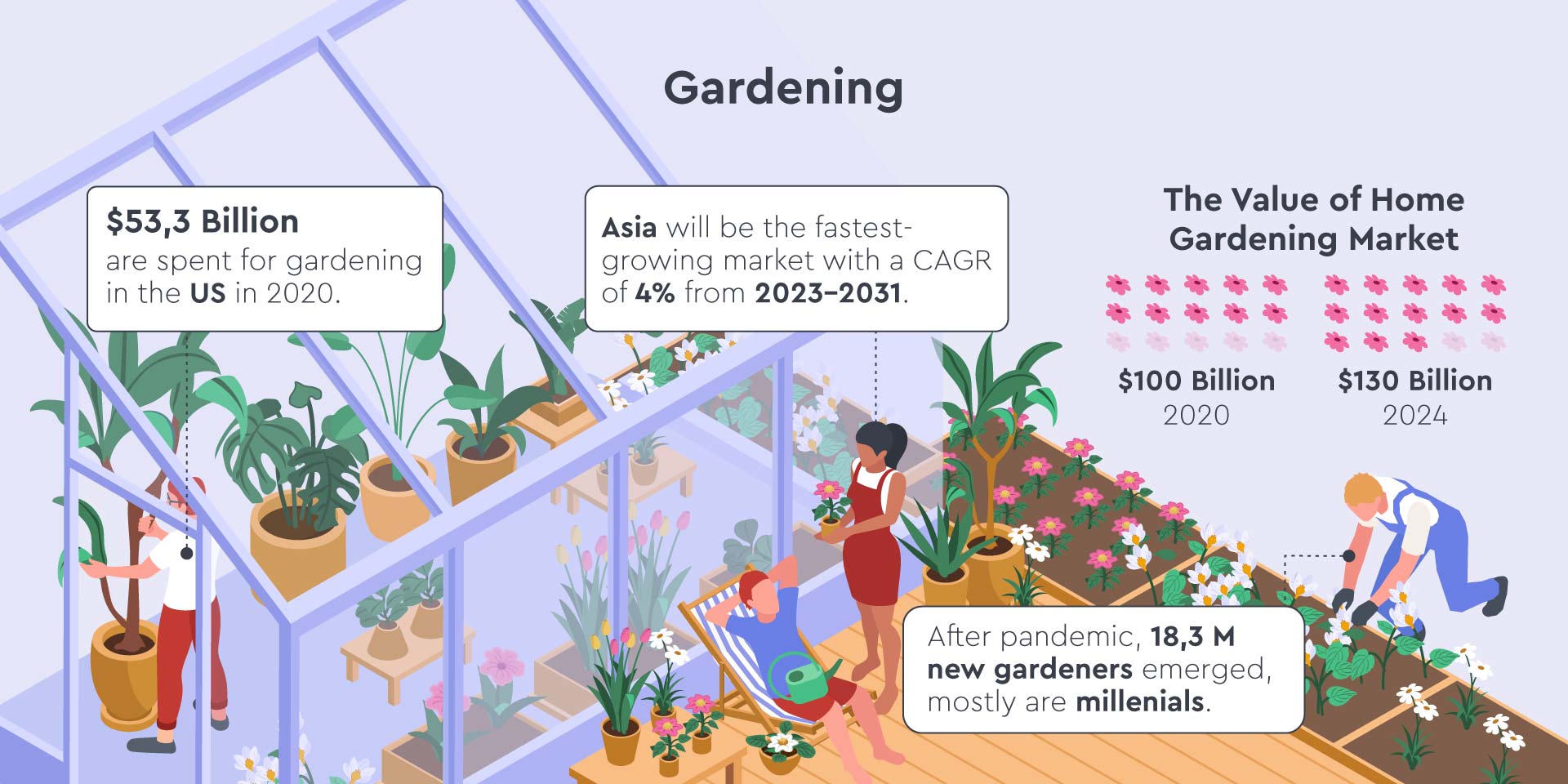Outdoor & Design
Green spaces, in addition to repairing environmental damage or providing additional food supplies, improve the physical and mental health of the population. The important social, environmental, and cultural function makes it necessary to invest in green spaces to guarantee ecological diversity and well-being even in response to the strong urbanization, which will see 70% of the population living in cities by 2025. In the last 25 years, the green areas in European urban settings have increased by 38%, while globally they have grown by 12%.




